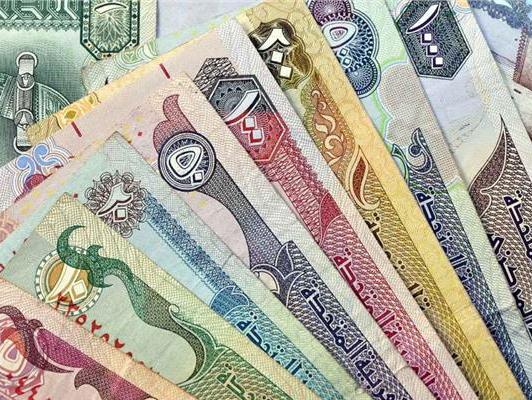Brazil’s Gross Domestic Product (GDP) growth of 0.8% in the first quarter of 2024 has propelled the nation to become the world’s 8th largest economy, according to President Luiz Inácio Lula da Silva and the International Monetary Fund (IMF). This milestone has been achieved through a combination of increased family consumption, services, and agropecuaria production, as reported by the Brazilian Institute of Geography and Statistics (IBGE). To further bolster economic performance, the government has adopted measures to support the flood-stricken state of Rio Grande do Sul with a R$ 15 billion financing line for affected companies. Additionally, fiscal incentives have been introduced to promote the modernization of business equipment, aiming to enhance productivity and competitiveness. However, the Secretariat of Economic Policy (SPE) foresees a potential slowdown in the second quarter, particularly in the agricultural and manufacturing sectors, due to the disaster’s impact in Rio Grande do Sul. The state’s economy, which significantly contributes to the national GDP, is expected to suffer from reduced services such as transportation and other activities. In response to these challenges, the government has launched an interactive panel on the Federal Budget website, allowing citizens to track federal spending on Rio Grande do Sul’s recovery in real-time. The panel displays the execution of extraordinary credits, with R$ 7.64 billion authorized and R$ 6.411 billion already spent. Moreover, the government is advancing tax reforms, including the regulation of consumption tax and the establishment of the Comitê Gestor do Imposto sobre Bens e Serviços (IBS), to streamline tax collection and distribution among states and municipalities. These efforts reflect a comprehensive strategy to sustain economic growth while addressing immediate and long-term challenges.
Key points
- Brazil’s GDP growth of 0.8% in Q1 2024 positions it as the 8th largest economy globally.
- The government has launched measures to aid Rio Grande do Sul’s economy following devastating floods.
- Tax reforms and fiscal incentives are being implemented to encourage economic sustainability and growth.
- An interactive panel has been introduced for public monitoring of recovery spending in Rio Grande do Sul.



